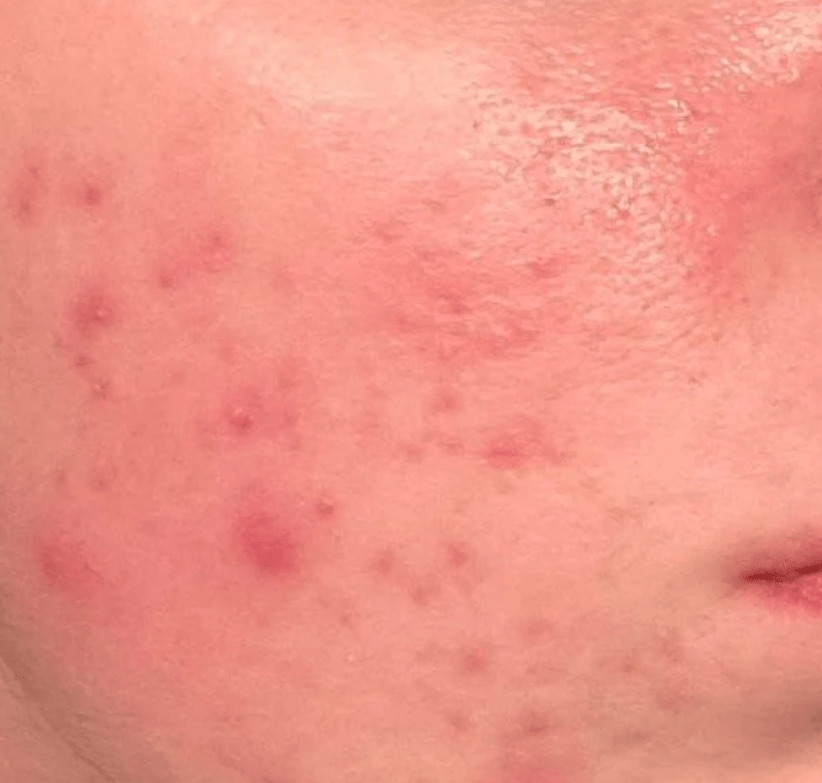

The skin care paradox is a frustrating reality for many: diligently following seemingly perfect routines, using top-rated products, and yet, experiencing irritation, redness, or breakouts. Why does doing “everything right” still lead to these unwelcome reactions? This article delves into the complex reasons behind this paradox, providing actionable insights and strategies to understand your skin’s unique needs, leading to a more effective and harmonious skin care routine.
Understanding the Skin Care Paradox
The Illusion of One-Size-Fits-All Routines
Many believe that a universal skin care routine exists; a formula that guarantees flawless results for everyone. This isn’t the case. Skin types vary significantly, ranging from oily and acne-prone to dry and sensitive. Even within these broad categories, individual reactions to products and ingredients differ dramatically. This means a routine that works wonders for someone else might trigger irritation or allergic reactions in you. The skin care paradox stems from this fundamental misunderstanding; we often try to fit our skin into a pre-packaged routine instead of tailoring it to our unique needs.
Identifying Potential Culprits
Aggressive Exfoliation and Over-Cleaning
Exfoliation, a crucial part of many routines, can be detrimental if not performed correctly or tailored to your skin type. Harsh scrubs or chemical exfoliants can disrupt the skin’s protective barrier, making it more susceptible to irritation and damage. Furthermore, over-cleaning can strip the skin of its natural oils, leading to dryness, redness, and discomfort. Finding a balance is crucial—it’s not about avoiding exfoliation, but about understanding the right technique and frequency for your skin type.
The Role of Ingredients
Hidden Triggers in Everyday Products
Many skin care products contain ingredients that can cause irritation, allergic reactions, or sensitivity in certain individuals. These can include fragrances, preservatives, certain alcohols, and even certain vitamins or plant extracts. The problem is that these triggers are not always obvious—a product may be widely considered safe, yet still cause a reaction for a specific individual. This makes self-discovery of your skin’s sensitivities crucial.
The Importance of Gradual Introduction
Avoiding Exacerbating Skin Reactions
A common pitfall is introducing multiple new products at once in an attempt to find the perfect routine quickly. This approach is likely to overwhelm your skin and cause reactions. Instead, introduce new products gradually. Start by incorporating one new product into your routine weekly, observing your skin’s response carefully. By giving your skin sufficient time to adapt, you’ll have a better understanding of which ingredients and products work best for you.
The Value of Professional Guidance
Seeking Expert Advice for Personalized Solutions
If you continue to experience skin irritation despite adjustments to your routine, consulting a dermatologist is highly recommended. Dermatologists can conduct thorough skin assessments, identify potential triggers, and recommend personalized solutions tailored to your specific skin type and concerns. Seeking professional guidance ensures that your skin care routine not only addresses current concerns but also promotes long-term skin health.
Prioritizing The Skin Barrier
Building and Maintaining the Skin’s Protective Layer
Understanding the skin barrier is crucial for resolving skin issues. Your skin’s protective barrier is a complex network of lipids and proteins that acts as a shield against irritants and environmental stressors. A compromised barrier is prone to irritation, dryness, and increased sensitivity. Maintaining a healthy barrier through the correct usage of moisturizers and appropriate cleansing techniques is essential.
Stress and Lifestyle Factors
How External Factors Can Affect Your Skin
Believe it or not, stress and lifestyle factors play a significant role in skin health. Stress can worsen existing skin conditions and trigger new problems. Ensuring adequate sleep, managing stress levels, and maintaining a healthy diet can all contribute positively to your skin’s overall health and resilience to irritants.
The Skin Care Routine
The Importance of Consistency
Once you have identified potential triggers and addressed the skin barrier, consistency is key. Adopting a skin care routine that is aligned with your skin’s specific needs and that is consistently followed is important for achieving long-term success. This involves understanding what works for your skin and building habits around that understanding.
Understanding Your Skin Type
The Importance of Personalized Solutions
Your skin type significantly affects how you should approach skin care. Oily skin requires different treatment than dry skin, and sensitive skin demands a gentle touch. Understanding your skin type and the needs it has will help to determine the products and routines that best suit your skin, preventing irritants from causing issues. This can help avoid the Skin Care Paradox.
In conclusion, the skin care paradox highlights the importance of understanding individual skin types and reactions. Striving for a perfect routine without considering your specific needs can often lead to irritation and worsen skin conditions. Instead of blindly following trends, focus on a personalized approach. This involves identifying your skin type, understanding its specific needs, and incorporating gradual adjustments into your routine. Experiment with different products, pay close attention to how your skin reacts, and don’t hesitate to consult a dermatologist if you have persistent concerns. Ultimately, finding a skin care routine that works for you—without leading to irritation—is key to achieving healthy, radiant skin.